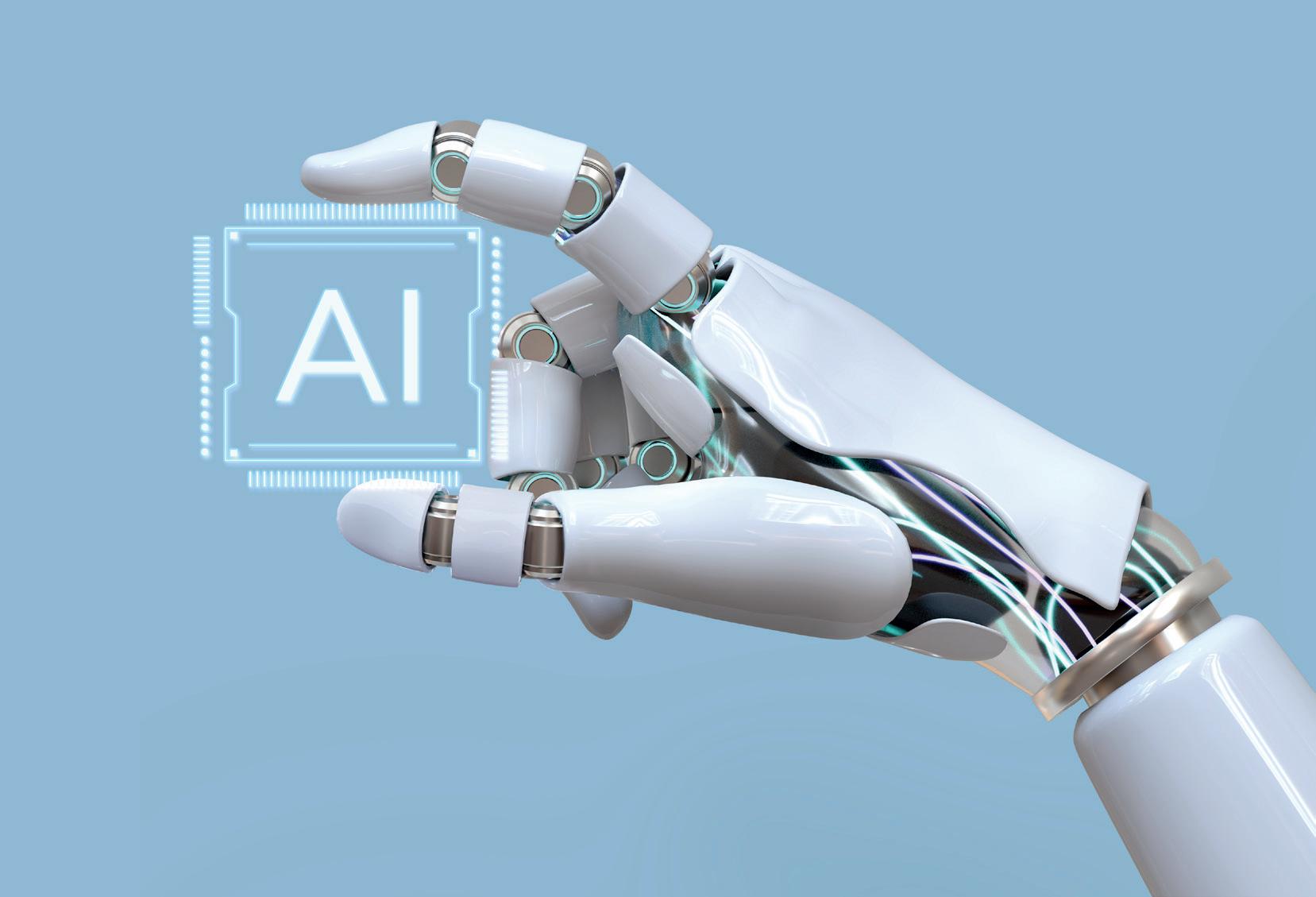
4 minute read
NEO-GEEK
ChatGPT: hero, villain, anti-hero, or sidekick?
Artificial intelligence (AI) has revolutionized many areas of our society, including the writing of journalism, literature, and scientific texts. With significant advances in natural language processing, AI algorithms can generate coherent and compelling content, mimicking the style and structure of human writers. However, as this technology continues to evolve, there are also significant questions and risks associated with its use in these key areas.
Advertisement
Indeed, the entire paragraph above was written by ChatGPT when I asked him to talk about the risks of AI in journalism, literature, or scientific texts. At the risk that now you, the reader, may not trust when I am talking to you or when you are our protagonist of the day, I ask you, are these dangers really real? Is it so difficult to differentiate the text that was created by an AI from one created by a human?

I would divide these questions into two aspects: veracity in the case of journalism or scientific texts and creativity and the author’s voice in such a case as literature or opinion texts. It’s possible that in the case of journalism or scientific texts we do need to pay special attention, let’s start there.
One of the main risks of AI in copywriting is the lack of truthfulness and accuracy. While algorithms can generate content that appears authentic, they lack human discernment and can spread misleading or false information without being aware of it. The two sentences above were also written by the ChatGPT. We will be playing with this throughout the text to test our questions.
I will tell you something personal, but I used it as an example. My family is originally from a neighborhood in Guadalajara known as the Atemajac Factory. In 1921 they founded the Club Deportivo Occidente, as a team of the textile factory workers. Anyone who likes soccer and its history will know (or can research) that even though it was never a professional team, it is historic for the sport in the city. When I asked ChatGPT about the history of the club, he gave me a mixture of real data, such as the date of foundation, but false information about the players, telling me that its historical figure was a Spanish soccer player named Paco Gento, who, upon investigation, turned out to have played his entire career in Real Madrid.

This poses challenges for journalism and science communication, as the reliability of information is fundamental in these fields. Spreading fake news or incorrect scientific studies can have detrimental consequences for society and even undermine trust in the media and science. Again, the above two sentences were written by ChatGPT. I don’t know if we are getting the hang of the exercise. So why and what should we rely on ChatGPT for? Is it right to use it? This is where the human comes in. The criteria of one’s needs will dictate whether you are looking for a proofreader, maybe a tool that gives ideas, or just a kind of search engine.
Another risk is the loss of human uniqueness and creativity. While AI algorithms are capable of mimicking the style of well-known writers, they lack the originality and unique perspective that only a human author can bring. Yes, again this paragraph starter is courtesy of ChatGPT. The issue of creativity in texts in which more emotions and very personal voices are at stake is a bit simpler, although some notes should be made.
In short, while AI offers promising advances in journalism, literature, and scientific writing, it also carries significant risks. Thank you, ChatGPT, for that conclusion in the above statement.
If you think about it, ChatGPT is nothing more than a tool that has the same notion of ethics or morals as our cars or a cell phone. We are the ones who are obliged to use it ethically. But beyond that, Were you able to identify my voice, and what was ChatGPT’s voice? Whether this chat will be a hero, villain, antihero, or our faithful companion will be answered with our moral compass, with the most efficient formation of critical thinking, and with having more contact with reading.
Mauro Orozco Moreno

Communicator and Historian from the University of Guadalajara. Dedicated to journalism and content creation about technology, geek culture and video games on the internet.










